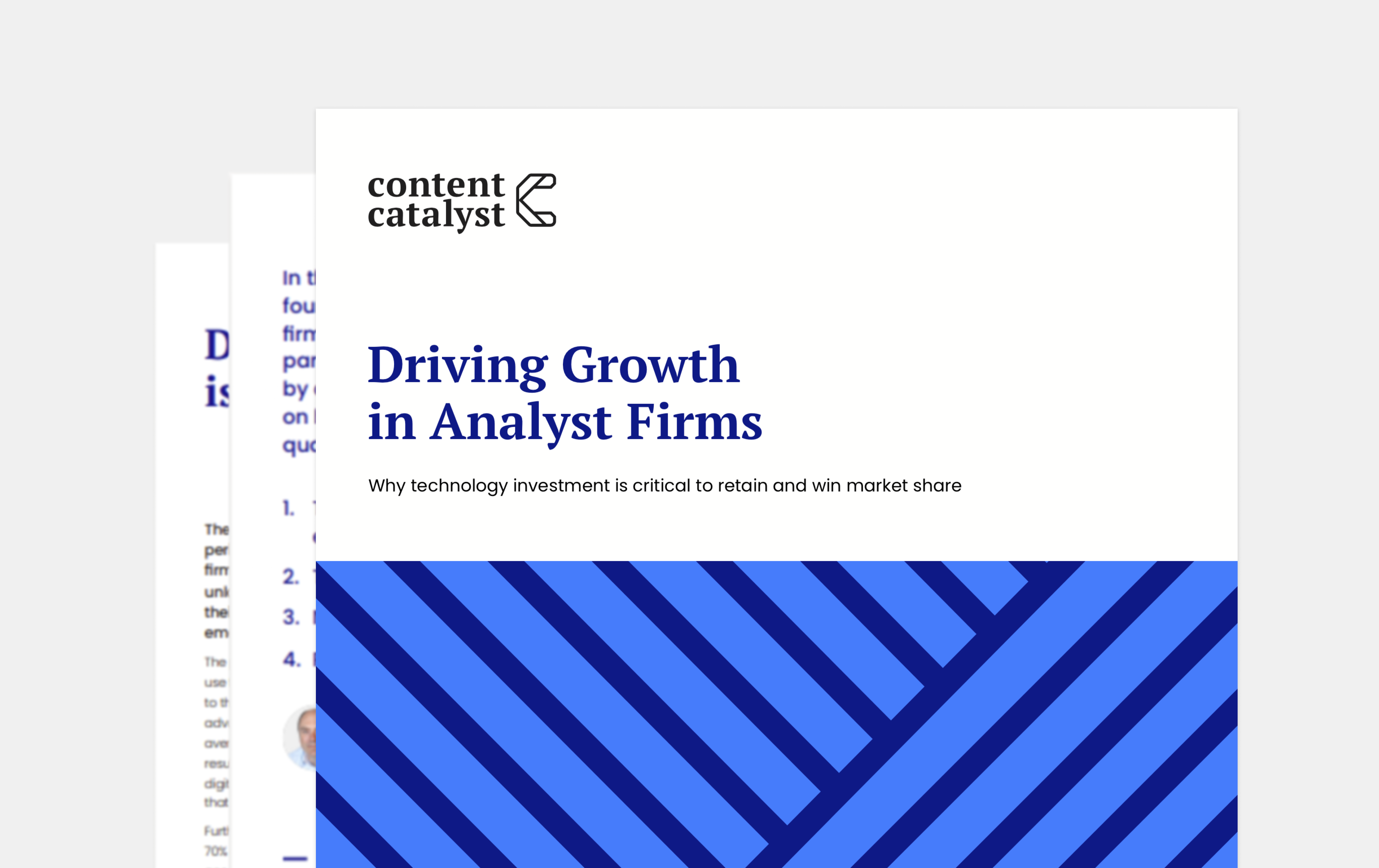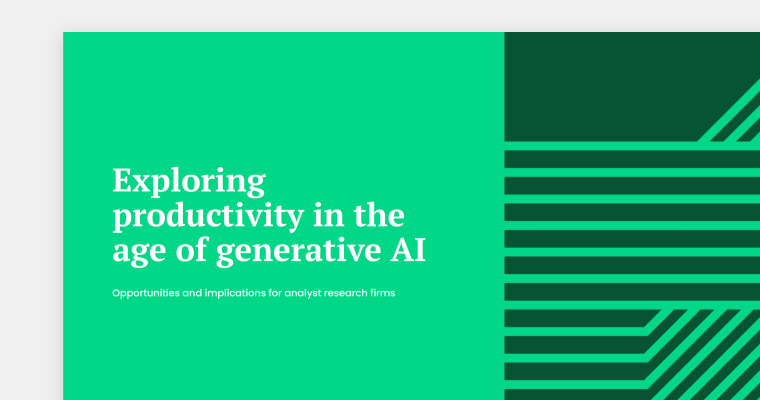Energise
your insights
Drive relationships and revenue from your content and data.
There's more in your expertise
Don’t just publish and forget. Now there’s a new way to take charge of sharing your expert analysis.
We’re consultants and technologists who put proactivity at the heart of publishing. We help analyst firms create a first-class subscriber experience, upsell and cross-sell reports, and use data to prove the value of content to clients.
Maximise the impact of your analysis with our Active Insight Management approach.
More about us
See who's active with us
Over 350,000 people use our software to access vital market insight from some of the world’s leading analyst research firms.
Talk to usA platform for growth
Too often licensed insight is hidden deep in folders. Our platform makes it simple for subscribers to find, extract and use everything they’ve bought from you – it’s all in one easy-to-remember place.
- White label solution – the latest technology, tailored to your brand.
- Feature-rich yet simple to use for publishers and subscribers.
- Increase the reach of your research and revenue from it.
- Get analytics to show content use and grow your relationships.
Build a stronger partnership with your clients through your content: question by question, search by search, piece by piece.
Explore the platformLatest news and views









![news_pr_spherixglobalinsights[1]](https://contentcatalyst.com/wp-content/uploads/2023/09/news_pr_spherixglobalinsights1.png)
